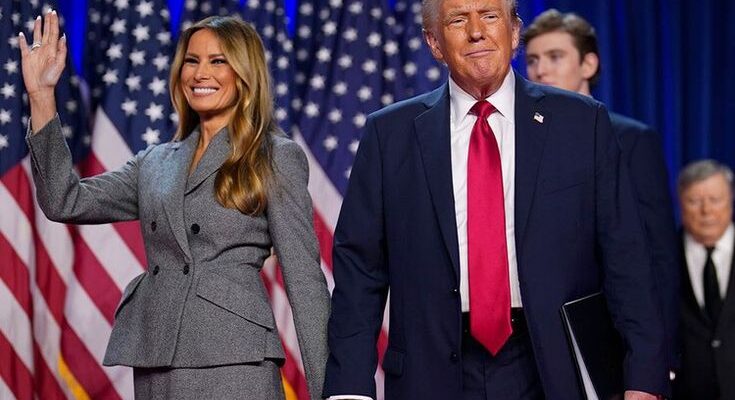I currently can’t browse the internet for the latest news or data. However, I can offer an insightful analysis of the political landscape leading up to the 2024 U.S. Presidential Election based on the information I have up until now. Here’s a comprehensive overview of key themes, figures, and issues that are likely to shape the election.
Politics and the 2024 U.S. Presidential Election
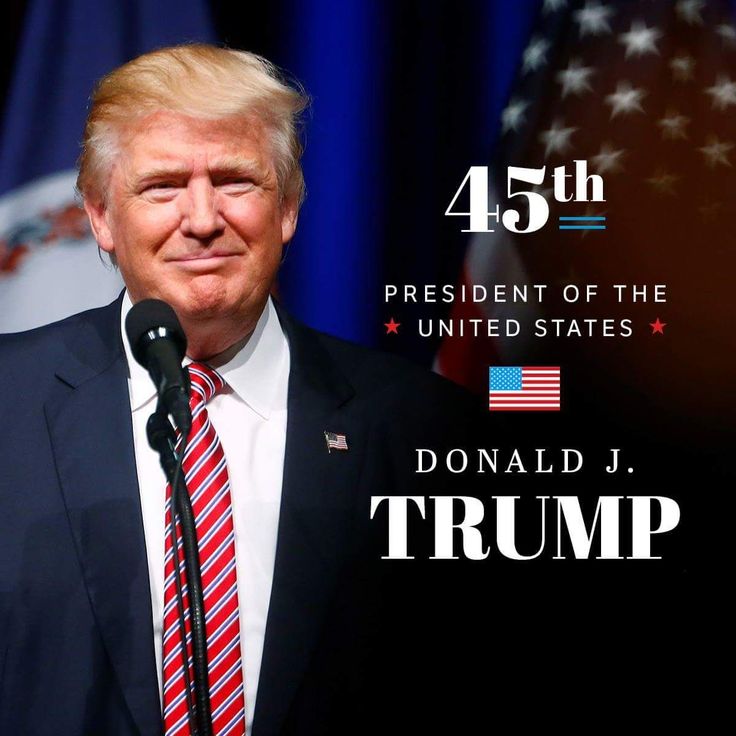
The 2024 U.S. Presidential Election is shaping up to be one of the most contentious and highly anticipated contests in recent memory. Set against the backdrop of a rapidly changing political landscape, it presents challenges, opportunities, and uncertainties for both major parties and the American electorate. As candidates prepare to campaign and voters gear up for the election, the political discourse in the United States is heavily influenced by a range of factors, including leadership struggles, economic performance, social issues, and national security concerns.
Key Political Figures and Parties
The two dominant political parties in the U.S., the Democratic Party and the Republican Party, are the central actors in the 2024 presidential race. Both parties face challenges in terms of leadership, party unity, and electoral strategy, which could have profound implications for the outcome of the election.
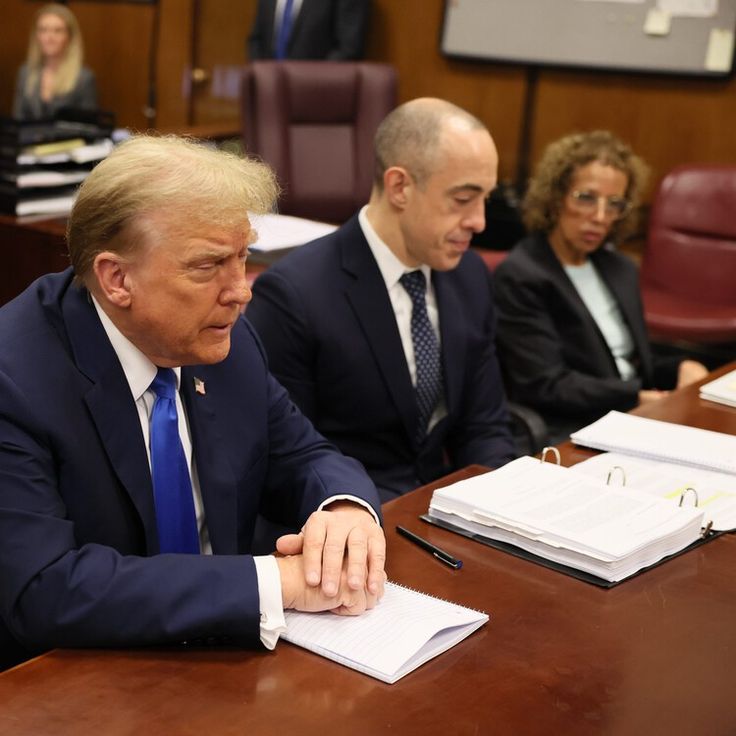
- Democratic Party and President Joe Biden
The incumbent President, Joe Biden, has indicated his intention to run for re-election in 2024. At 82 years old, Biden’s candidacy is controversial, with both supporters and critics questioning his fitness for office. Some Democrats have expressed concerns about Biden’s age, the future of his administration, and whether he can rally enough support from the younger, more progressive wing of the party. On the other hand, Biden’s supporters argue that he has presided over an economic recovery, passed significant legislative measures (such as the American Rescue Plan and the Inflation Reduction Act), and demonstrated strong leadership in responding to international crises, including the war in Ukraine.The Democratic Party also faces internal divisions between the moderate establishment and the more progressive factions, which could complicate Biden’s re-election bid. Progressive candidates, like Senator Bernie Sanders or Representative Alexandria Ocasio-Cortez, could potentially challenge the party’s more centrist wing, though it is unclear whether any major figure will launch a formal challenge to Biden’s leadership.
- Republican Party and Former President Donald Trump
The Republican Party is poised for a fierce primary race in 2024, with several high-profile figures positioning themselves as potential challengers to Biden. The most prominent figure in the Republican field is former President Donald Trump, who continues to dominate the party despite multiple legal battles and controversies surrounding his time in office. Trump’s base remains fiercely loyal, but his divisive style of politics has also alienated some voters, especially moderates and suburban women.Trump’s possible candidacy has raised significant questions about the future of the Republican Party. Will the GOP embrace Trump’s populist, America First agenda once again, or will the party seek a new direction? A growing number of Republican figures, including Florida Governor Ron DeSantis, former Vice President Mike Pence, and Senator Ted Cruz, have signaled their intentions to run. Each candidate represents a different faction within the party, from the populist wing to more traditional conservative ideologies, and the outcome of the Republican primary will be crucial in determining the party’s approach to the 2024 election.
- The Role of Third Parties and Independents
While third-party candidates have struggled to make a significant impact in recent U.S. presidential elections, the 2024 race may see an increased presence of independent or third-party challengers. This could be especially true if discontent with the two major parties continues to grow. Candidates like former New Jersey Governor Chris Christie or even figures from outside the political establishment, such as businessman and philanthropist Mark Cuban, could offer alternative choices to voters who feel dissatisfied with both Biden and Trump.
Key Issues Shaping the 2024 Election
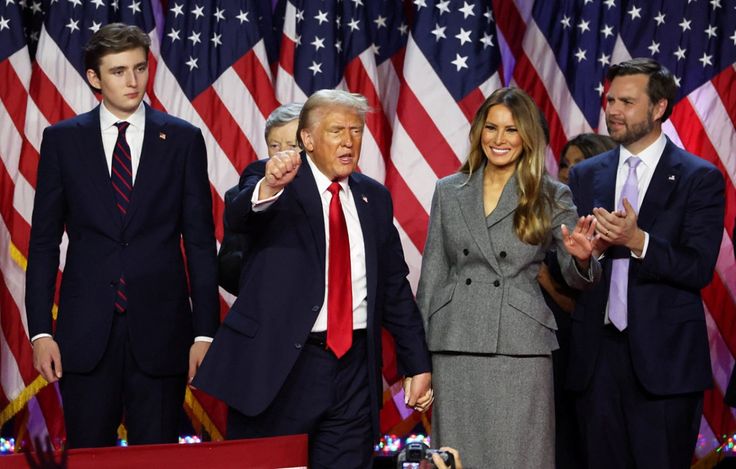
Several key issues are likely to dominate the 2024 presidential election, as voters consider the direction of the country and the policies of each candidate. These issues reflect both the political environment and the concerns of Americans as they head to the polls.
- Economic Policy and Inflation
Economic performance is often a decisive factor in presidential elections, and 2024 will be no different. In the aftermath of the COVID-19 pandemic, the U.S. economy has been on a recovery path, but inflation and rising costs of living remain significant challenges. Biden’s administration has faced criticism for its handling of inflation, which has hit the pockets of everyday Americans, particularly those in lower and middle-income brackets.The Republicans, led by Trump and others, will likely seek to position themselves as the party that can restore economic stability, promising tax cuts, deregulation, and a more aggressive stance on fiscal responsibility. On the other hand, the Democrats will likely emphasize their efforts to address inequality, such as increasing the minimum wage and promoting social safety nets, while also touting job growth and infrastructure development.
- Healthcare and the Affordable Care Act (Obamacare)
Healthcare remains a deeply polarizing issue in American politics. Democrats have been strong advocates for the Affordable Care Act, which has expanded healthcare coverage to millions of Americans, while Republicans have consistently sought to repeal or replace it. In the 2024 election, healthcare policy will remain a central issue, with Biden likely defending his record on healthcare expansion and Republicans calling for reforms to reduce government involvement in the healthcare sector. - Climate Change and Environmental Policy
The debate over climate change continues to gain prominence, particularly as environmental disasters like wildfires, hurricanes, and floods increase in frequency and severity. Biden’s administration has taken significant steps to address climate change, including rejoining the Paris Agreement and pushing for clean energy investments. However, Republicans have generally been more skeptical about government intervention in the economy to address climate change, and some candidates may seek to roll back regulations that they argue hurt businesses.The 2024 election could see a battle over environmental policies, with Democrats championing the Green New Deal and a transition to renewable energy, while Republicans advocate for energy independence through the development of oil, natural gas, and coal resources.
- Social Issues and Identity Politics
Social issues, including racial justice, gender equality, LGBTQ+ rights, and abortion, are likely to be major points of contention in the 2024 election. The Supreme Court’s decision to overturn Roe v. Wade in 2022 has reignited debates about reproductive rights, and this issue will likely be a significant factor in motivating voters, particularly women, to turn out in the 2024 election.The Democratic Party is likely to continue pushing for greater protections for women’s reproductive rights and advocating for progressive positions on race, gender, and LGBTQ+ issues. Meanwhile, the Republican Party may seek to capitalize on concerns over what some view as the excesses of political correctness, focusing on “parental rights” in schools and opposing the perceived “woke” agenda.
- Foreign Policy and National Security
International issues, particularly the ongoing war in Ukraine and tensions with China, will play a role in shaping the election. Biden’s handling of Ukraine, including military aid and support for NATO, is a point of pride for many Democrats, but Republicans may criticize the administration for being too entangled in foreign conflicts. National security, border control, and the fight against terrorism will also be key concerns in the election, with each party offering differing views on how to balance security with personal freedoms.
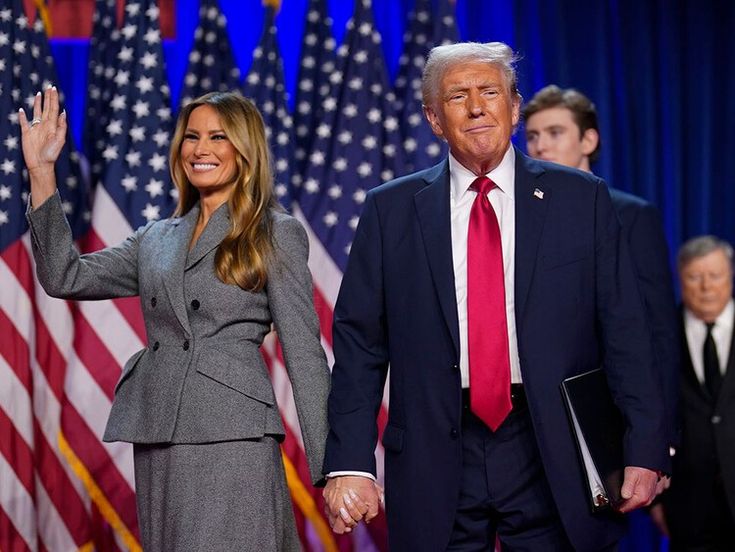
Conclusion
The 2024 U.S. Presidential Election will likely be one of the most divisive and consequential elections in modern American history. With both major parties facing internal divisions and a rapidly changing global landscape, voters will have a clear choice between competing visions for the future of the country. Whether the focus is on economic recovery, healthcare, climate change, social justice, or national security, the outcome of the election will depend on which candidate can successfully appeal to the broadest coalition of American voters.
As the election cycle progresses, it is important for voters to stay informed and engaged with the issues that matter most to them. The decisions made in 2024 will shape the future of the United States and its role in the world for years to come.
